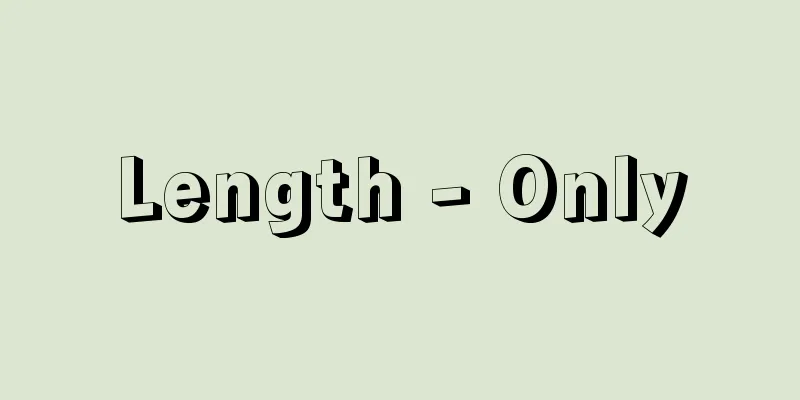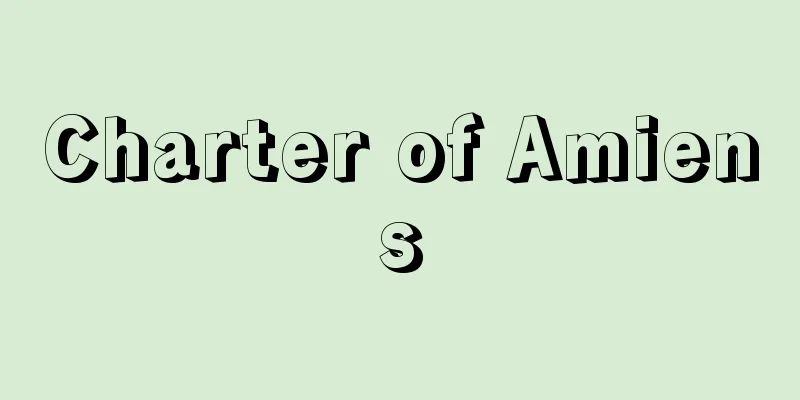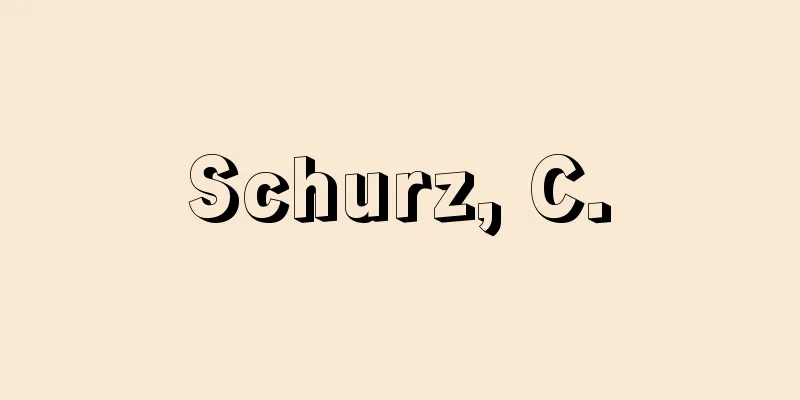Length - Only

|
〘Adverbial particle〙 Takes on the attributive form of a noun or conjugated verb. ① (also "take") Expresses degree or limit. To the extent that.... To the extent that.... ※Joruri, Meido no Hikyaku (c. 1711): "Kiraruru take konoyo de sowafu" ※Sorekara (1909), Natsume Soseki, 15: "His treatment only reflected his father's personality and made Daisuke very uncomfortable" ② (especially among ①) Expresses the meaning of accordingly, appropriate for, or to the extent that is appropriate for. →Only. ※ Joruri , Shinju Shigeizutsu (1707): "We've been so familiar with each other since we were little that I think of him as my own child" ※Kakuhon, Tokaido Chu Hizakurige (1802-09), 4: "As you'd expect from the countryside, we have the freedom to speak" ③ Expresses the meaning of limiting it to that. ※Miscellaneous haiku, Sumiyoshi Souvenir (1708) “Even geta are put on the wooden boards with only New Year’s gifts.” ※Many Passions, Many Regrets (1896) by Koyo Ozaki 2 “What I said was merely for the ears of the people . ” [Etymology] (1) The origin of the word is thought to be the noun “take” (height). (2) In the Kamigata dialect of the early Edo period, there are many examples that seem to be used as nouns, such as "The name Denshichi-dono is known, so I went to find out the extent of his hatred" (Ki-Kanjin Kanbun Tekanshi (Killing the Chinese) - 4). Even in modern Japanese, the pure sound form remains in idiomatic expressions, such as "narutake" and "arittatake." (3) The usage of ③ arose in the Kamigata dialect in the late Edo period. It is believed that it spread to Edo dialect after the Meiji period. Joujau [length]Source: The Selected Edition of the Japanese Language Dictionary About the Selected Edition of the Japanese Language Dictionary Information |
|
〘副助〙 体言または活用語の連体形を受ける。① (「たけ」とも) 程度・限度を表わす。…ほど。…限り。※浄瑠璃・冥途の飛脚(1711頃)中「いきらるるたけ此世でそはふ」※それから(1909)〈夏目漱石〉一五「其仕打は父の人格を反射する丈(ダケ)夫(それ)丈(ダケ)多く代助を不愉快にした」② (①のうち、特に) それ相応に、…にふさわしく、…にふさわしい程度に、の意を表わす。→だけに。※浄瑠璃・心中重井筒(1707)中「ちいさいからの馴染(なじみ)だけ我子の様に思はれて」※滑稽本・東海道中膝栗毛(1802‐09)四「さすがは田舎だけ、ものがふ自由だ」③ それと限る意を表わす。※雑俳・住吉みやげ(1708)「下駄さへも年玉だけで扁木にのる」※多情多恨(1896)〈尾崎紅葉〉二「口頭(くち)に出したのは纔に如此(これ)耳(ダケ)であるが」[語誌](1)語源は名詞「たけ(丈)」と考えられる。 (2)江戸前期上方語では「伝七殿と名の知れたとは、尋ねて行て恨みのたけを」〔伎・韓人漢文手管始(唐人殺し)‐四〕のように、名詞としての用法と思われる例が多い。現代語でも「なるたけ」「ありったけ」のように清音の形が慣用句の中に残っている。 (3)③の用法は江戸後期上方語で発生。江戸語にまで広がったのは明治以降とされる。 じょう ヂャウ【丈】出典 精選版 日本国語大辞典精選版 日本国語大辞典について 情報 |
Recommend
Naval Training School - Kaigunsourenjo
(1) A naval educational institution of the Edo Sh...
Vivarini, Alvise (English spelling) VivariniAlvise
…A family of 15th-century Venetian painters. They...
Tolerogen
... The property of a substance as an antigen is ...
Morrigan
Danu was the goddess of fertility and wealth, Lug...
Saint-Just (English spelling) Louis Antoine de Saint-Just
1767‐94 He was a member of the National Assembly d...
The Tale of the Farmer - Starch Story
A kana zoshi (traditional Japanese story). Author ...
Scarron - Paul Scarron
French poet, playwright, and novelist. Born and d...
Water book - Mizucho
〘Noun〙 (Both "mizucho" and "mizucho...
Natale
…When writing “Xmas”, the X is written using the ...
Barriers to entry
A factor of the relative difficulty that a new com...
Electra Complex - Electra Complex
An unconscious mental representation of a daughter...
Inguinal hernia
This refers to a condition in which an organ in t...
Umbrella paper
〘 noun 〙 Paper used to stretch umbrellas. Made fro...
Kaifu family tree - Kaifu family tree
… [Ancient and medieval genealogy] The first appe...
Blue Wife - Aonyobo
〘Noun〙① A young and immature woman who serves in t...









